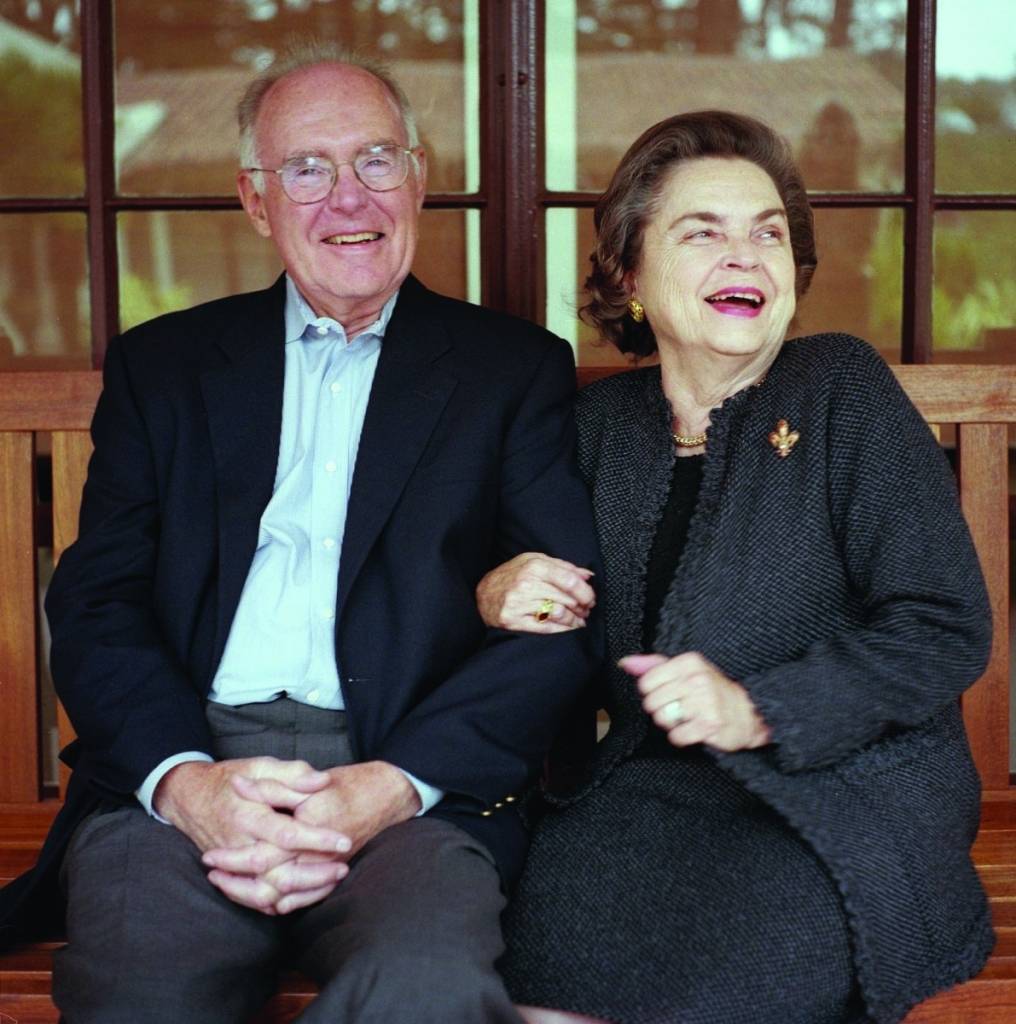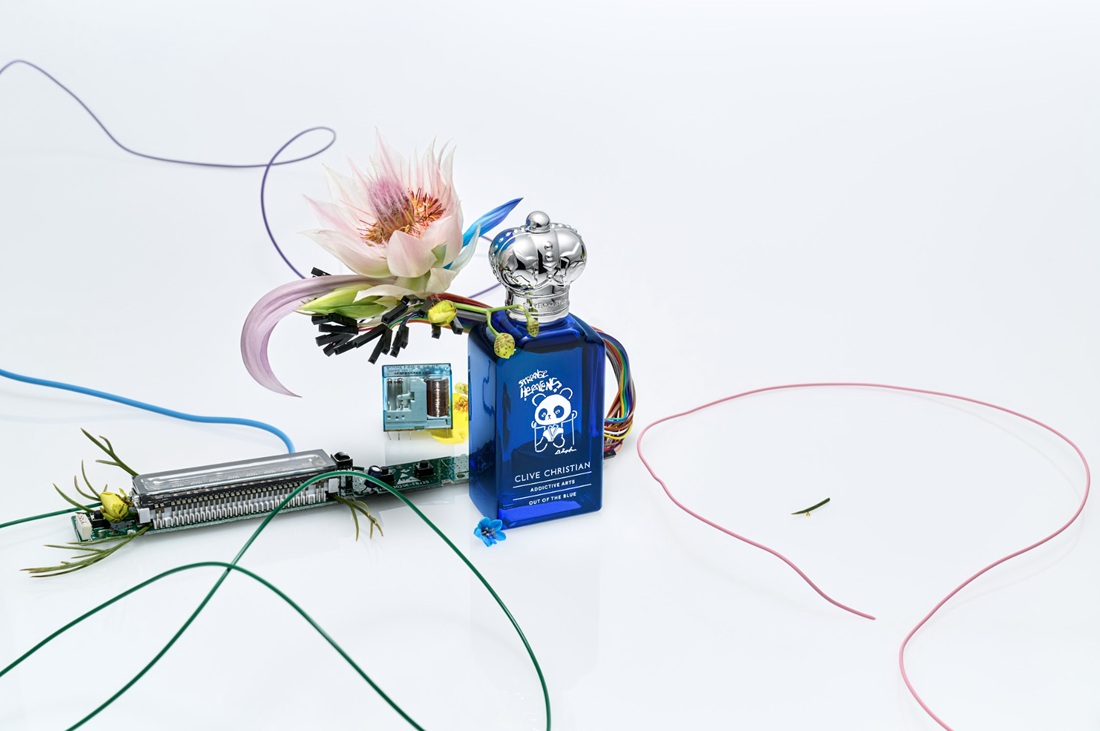Haute 100: Gordon and Betty Moore Foundation Awards $1M to UC San Diego
Haute 100 listers Gordon and Betty Moore’s foundation has awarded a three-year, $994,633 grant to Farooq Azam, a distinguished professor of Microbial Oceanography at UC San Diego’s Scripps Institution of Oceanography. The grant was awarded via the foundation’s Marine Microbiology Initiative to help Azam and his team to better understand the ecology of marine microbes.
In a statement issued by the university, Azam said, “We, and others, have shown that the extremely abundant and highly diverse microbes inhabiting the sea play major roles in structuring the ocean’s web of life and regulating the ocean’s carbon cycle, the air–sea exchange of CO2, and the ocean influence on global climate. Predicting the state of the future ocean, therefore, requires understanding of how the minuscule microbes, interacting with organisms and materials in their environment at the nanoscale, manage to be the dominant biological force in the vast ocean—and how their role might respond to climate change.”
Since the foundation’s inception in 2000, it has helped foster scientific discovery, environmental conservation, patient care improvements, and preservation of the special character of the Bay Area. In 2012, the Marine Microbiology Initiative was launched to support investigation of the microbial ecosystems in the sea, among other things. Its current mission is to get a better understanding of marine bacterium communities, including their genetic diversity, composition and functions; their ecological role in the oceans; and their contribution to ocean health and productivity.
Azam continued, “Solving this intriguing problem requires novel ideas and new types of methods to study the ocean’s ecology and biogeochemistry at the nanoscale, and to estimate the discoveries to the ocean scale. The generous grant from the Gordon and Betty Moore Foundation will enable us to work on the little explored and high-risk but very exciting problem of nanoscale ecology of the ocean. If we are successful, the gains could be substantial. Indeed, some of the basic ideas and methods that we develop should also apply to other systems, including the ecology of the human microbiome.”













